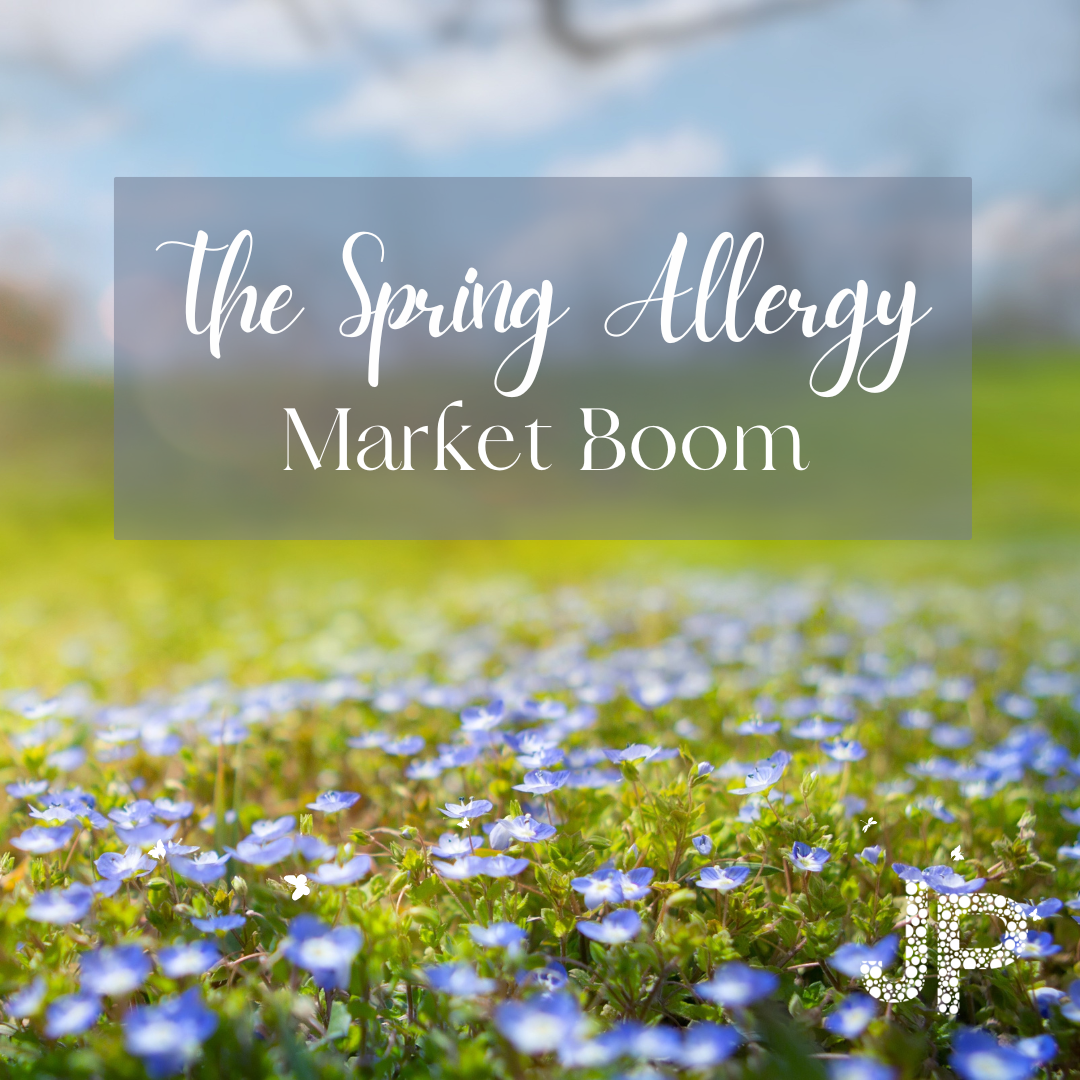Spring Allergies & Marketing: How Big Brands Influence Your Choices
As the flowers bloom and the weather warms, many people welcome spring with open arms—until allergy season strikes. Watery eyes, sneezing, congestion, and itchy throats are just a few of the unpleasant symptoms caused by pollen, mold, and other allergens in the air. While allergy sufferers search for relief, pharmaceutical companies seize the opportunity to market their products aggressively, shaping consumer choices through advertising, branding, and strategic messaging.
But how exactly do these companies influence which allergy medications we reach for? Let’s take a closer look at the world of spring allergies, how drug manufacturers market their products, and the impact it has on consumers.
The Spring Allergy Market Boom
Spring is a peak sales season for over-the-counter (OTC) allergy medications, with millions of people seeking relief. According to industry reports, the global allergy treatment market is worth billions, with a significant portion of sales occurring between March and June. Companies like Zyrtec, Claritin, Allegra, and Flonase dominate the market, investing heavily in advertising to ensure their products are top of mind when consumers browse the pharmacy aisles.
How Drug Companies Market Spring Allergy Relief:
- Emotional & Relatable Advertising
Drug companies understand that allergy symptoms are frustrating and disruptive. Their commercials often feature:
- People enjoying outdoor activities before allergies strike
- Individuals sneezing uncontrollably until they find “the right” medication
- A fast-acting relief moment, with a person smiling and enjoying a spring day after taking the product
By using emotional storytelling, brands create a strong connection between their product and the idea of enjoying life without allergies.
- Celebrity Endorsements & Influencers
Many pharmaceutical brands partner with celebrities, doctors, or social media influencers to promote their products. Seeing a trusted figure endorsing an allergy medication builds credibility and persuades consumers that the product is effective and reliable.
- Competitive Claims & “Fastest Relief” Messaging
Companies often highlight their product’s competitive edge by using phrases like “#1 Doctor Recommended”, “Fast-acting relief in just 15 minutes”, or “24-hour, non-drowsy formula”.These claims create a sense of urgency and persuade customers that one brand is superior to the others, even when the active ingredients are often similar across brands.
- Bright, Recognizable Packaging & Branding
Marketing isn’t just about ads—it’s also about visual appeal. Allergy medication brands use distinct colors and easy-to-read labels to make their products stand out.This intentional branding influences consumers’ subconscious decision-making when browsing store shelves.
- Discounts, Coupons & Loyalty Programs
Pharmaceutical companies also use financial incentives to encourage brand loyalty. Many brands offer:
- Coupons & discounts for first-time buyers
- Buy-one-get-one (BOGO) deals in peak allergy season
- Loyalty programs that reward frequent purchases
These tactics make it more likely for consumers to stick with a single brand rather than trying alternatives.
How to Make Smart Choices This Allergy Season
Instead of being swayed by flashy marketing, consumers can make better decisions by:
✅ Checking active ingredients – Compare generic versions to name brands for cost savings
✅ Reading reviews & consulting doctors – Personal experiences and professional advice can help find the best fit
✅ Considering alternative treatments – Saline rinses, air purifiers, and lifestyle adjustments can help reduce reliance on medication
✅ Looking at price vs. value – If a generic medication works just as well, it may be worth skipping the name-brand option
Final Thoughts
Spring allergies are a major inconvenience, but the marketing behind allergy medications plays a huge role in shaping how consumers seek relief. By understanding these marketing strategies, you can make more informed choices and find the best treatment for your needs—without falling for clever advertising tricks.











Comments are closed.